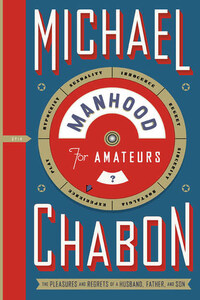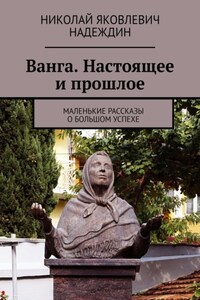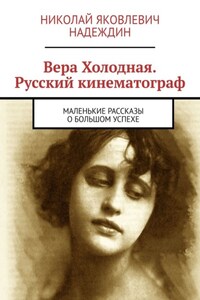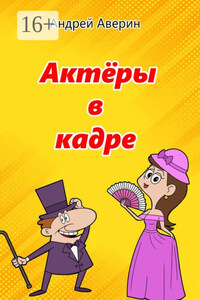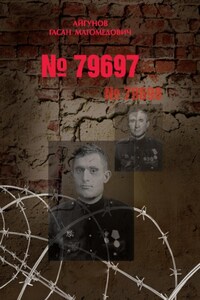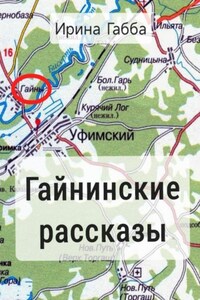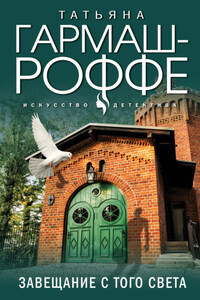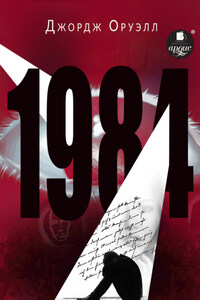I typed the inaugural newsletter of the Columbia Comic Book Club on my mother’s 1960 Smith Corona, modeling it on the monthly “Stan’s Soapbox” pages through which Stan Lee created and sustained the idea of Marvel Comics fandom in the sixties and early seventies. I wrote it in breathless homage, rich in exclamation points, to Lee’s prose style, that intoxicating smartass amalgam of Oscar Levant, Walter Winchell, Mad magazine, and thirty-year-old U.S. Army slang. Doing the typeset and layout with nothing but the carriage return (how old-fashioned that term sounds!), the tabulation key, and a gallon of Wite-Out, I divided my newsletter into columns and sidebars, filling each one with breezy accounts of the news, proceedings, and ongoing projects of the C.C.B.C. These included an announcement of the first meeting of the club. The meeting would be open to the public, with the price of admission covering enrollment.
For a fee of twenty-five dollars, my mother rented me a multipurpose room in the Wilde Lake Village Center, and I placed an advertisement in the local newspaper, the Columbia Flier. On the appointed Saturday, my mother drove me to the Village Center. She helped me set up a long conference table, surrounding it with a dozen and a half folding chairs. There were more tables ready if I needed them, but I didn’t kid myself. One would probably be enough. I had lettered a sign, and we taped it to the door. It read: COLUMBIA COMIC BOOK CLUB. MEMBERSHIP/ADMISSION $1.
Then my mother went off to run errands, leaving me alone in the big, bare, linoleum-tiled multipurpose room. Half the room was closed off by an accordion-fold door that might, should the need arise, be collapsed to give way to multitudes. I sat behind a stack of newsletters and an El Producto cash box, ready to preside over the fellowship I had called into being.
In its tiny way, this gesture of baseless optimism mirrored the feat of Stan Lee himself. In the early sixties, when “Stan’s Soapbox” began to apostrophize Marvel fandom, there was no such thing as Marvel fandom. Marvel was a failing company, crushed, strangled, and bullied in the marketplace by its giant rival, DC. Creating “The Fantastic Four” – the first “new” Marvel title – with Jack Kirby was a last-ditch effort by Lee, a mad flapping of the arms before the barrel sailed over the falls.
But in the pages of the Marvel comic books, Lee behaved from the start as if a vast, passionate readership awaited each issue that he and his key collaborators, Kirby and Steve Ditko, churned out. And in a fairly short period of time, this chutzpah – as in all those accounts of magical chutzpah so beloved by solitary boys like me – was rewarded. By pretending to have a vast network of fans, former fan Stanley Leiber found himself in possession of a vast network of fans. In conjuring, out of typewriter ribbon and folding chairs, the C.C.B.C., I hoped to accomplish a similar alchemy. By pretending to have friends, maybe I could invent some.
This is the point, to me, where art and fandom coincide. Every work of art is one half of a secret handshake, a challenge that seeks the password, a heliograph flashed from a tower window, an act of hopeless optimism in the service of bottomless longing. Every great record or novel or comic book convenes the first meeting of a fan club whose membership stands forever at one but which maintains chapters in every city – in every cranium – in the world. Art, like fandom, asserts the possibility of fellowship in a world built entirely from the materials of solitude. The novelist, the cartoonist, the songwriter, knows that the gesture is doomed from the beginning but makes it anyway, flashes his or her bit of mirror, not on the chance that the signal will be seen or understood but as if such a chance existed.
After I had been sitting at that big empty conference table for what felt like quite a long time, the door opened and a woman stuck her head in. I can still see her in my memory: her short blond hair parted in the center, her eyes metering the depth and density of the room, the tug of disappointment at the corners of her mouth.
